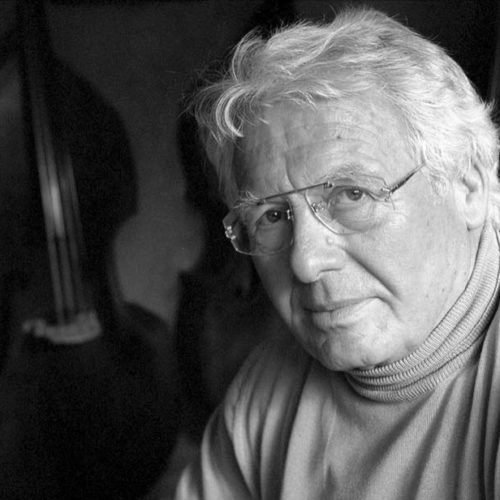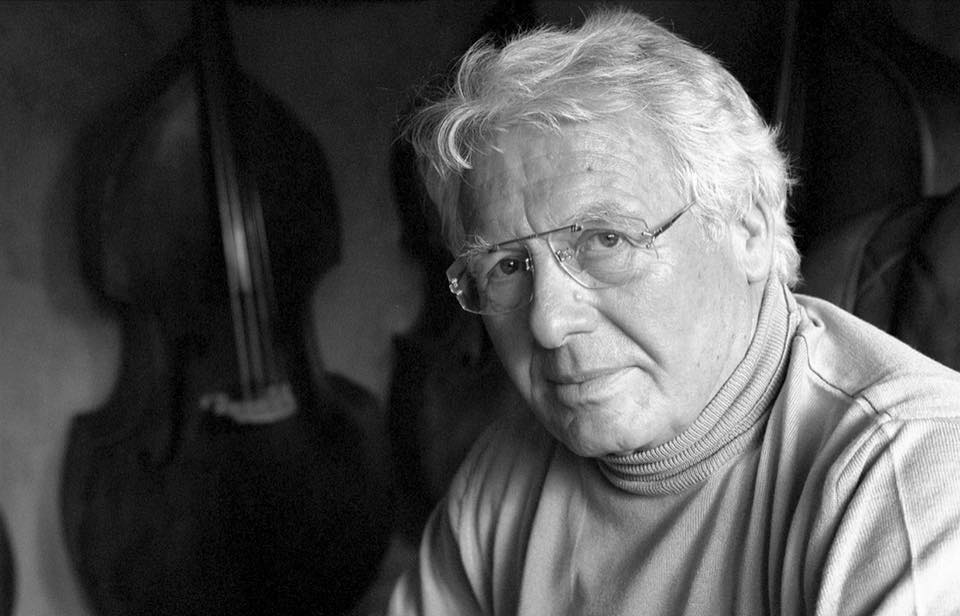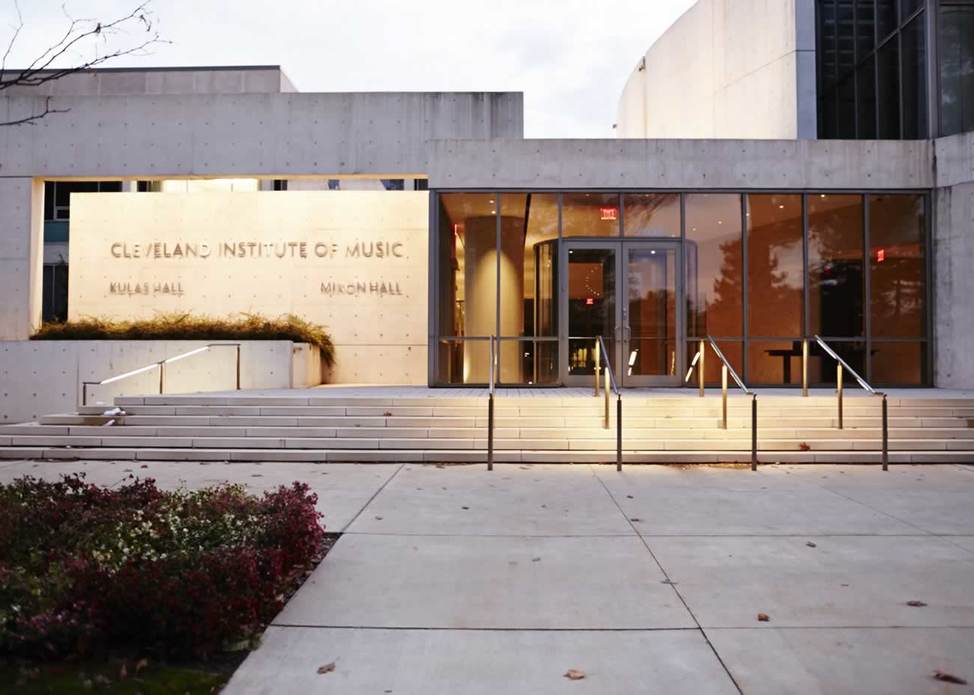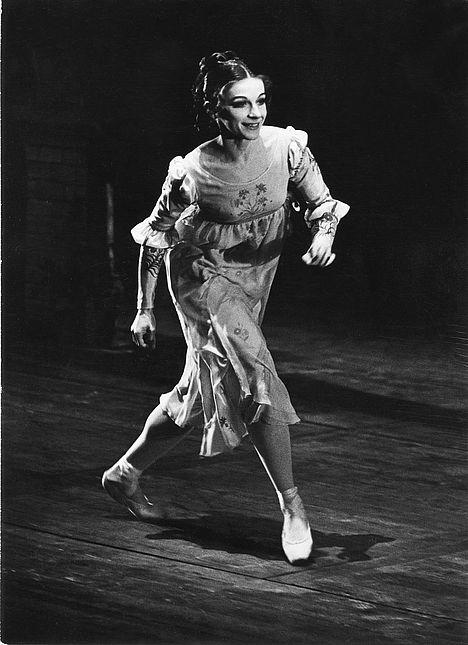Leading German concert organiser is no more
mainGeorg Hörtnagel, who founded the Hörtnagel concert direction company in 1967 after a hand injury forced him to give up playi ng doublebass at Bavarian State Opera, has died at 93.
He was widely respected and particularly close, among the many artists he presented, to Maurizio Pollini, Arturo Benedetti Michelangeli and Martha Argerich.







Good news for his daughters, Beatrice and also perhaps Constanze. Although he may have left the business to a recent paramour. I was brought to Munich by GH’s wife Elizabeth to work for the agency. On May 13, 1981, she hung herself after taking the life of their only son who was retarded. Elizabeth Hoertnagel was equally responsible for founding and running the agency, but suffered greatly under her husband George’s lack of recognizing her as an equal partner, which I believe led to her untimely suicide. Herr Hoertnagel also had close relationships with the original Beaux Arts Trio, Rostropovich and Gidon Kremer at a time when Kremer and Vladimir Spivakov were making their mark. Frau Hoertnagel preferred Spivakov and helped him as much as possible. It will be interesting to learn who takes over the late Herr Hoertnagel’s empire in Nuernberg, Regensburg and in the Munich Herkulesaal.
I would be careful to eulogise Elisabeth too much. There are two sides to every story and the question about the buying of a top-of-the Range violin for a certain young violinist needs to be part of the equation!
Georg’s heart and soul was music and his artists loved him for it. Rest in peace.
“Good news for his daughters”? That is a pretty drastic claim, and while you add allegations regarding his late wife, shouldn’t you somehow substantiate an otherwise outrageous and incredibly cruel post? Did his daughters hate their father, or why is this “good news”??
This might not have been the right time for your comments.
RIP
I met Georg Hörtnagel once:
traditionally, during the interval of all the orchestral concerts in his series, he would come backstage and invite the double bass section of the visiting orchestra to a glass of champagne – and just chat with his colleagues.
Also, he kept playing the instrument he loved:
he performed and recorded Schubert’s Forellenquintett numerous times, for example with the Beaux Art Trio, Eschenbach, Richter / Borodin Quartet, Leonskaja / Alban Berg Quartet.
A great loss to the music world. Hörtnagel was one of the last of the ‘old school’ impresarios – someone prepared to go the extra mile in organising concerts for young and often little-known artists in whom he believed in the early part of their careers.
Nearly 50 years ago now, in my first management job with Lies Askonas, he and I jointly presented the then fledgeling Orchestra of St John’s with John Lubbock in their first tour of Germany. He was a kind and caring manager, for whom no small detail of his artists’ welfare was too much trouble – and I shall not quickly forget the speed with which he found and brought us to a chiropracter for our young Maestro (who had injured his back picking up his suitcase after we landed in Munich!).
Rest well. He was a very fine double bass player.
Amen to Hoertnagel’s Fiorellen quintets, though i’ve never heard a bad one, including Elly Ney’s trio and Zubin Mehta’s double-bass playing with DuPre, Perlman, Zukerman, and Barenboim, filmed when they were all young and healthy, with backstage chafing.
Along with the Kosher Nostra’s film I should have mentioned Schnabel’s pioneering effort with Pro Arte quartet and their marvelous violist Germaine Prevost, who laterplayed in San Francisco Symphony; and Westminster’s classic Wiener Konzerthaus.
Maria Yudina and the Beethoven Quartet are fasr but keep up the Russian side, proving there is no bad version either recorded or live that I’ve heard. The lives included pianist Leonard Stein, cellist Kurt Reher and his violist brother Sven Reher from the LAPO at Merry Mount College. Elly Ney’s is surprisingly the most Viennese in the sly sliding thirds of the variations.
1. Mai 2020, 18:23 Uhr
Konzertveranstalter
:
Georg Hörtnagel ist tot
Georg Hörtnagel war eine der Größen der Münchner Kulturszene. Bevor er Konzertveranstalter wurde, war er ein bekannter Musiker. Nun ist er mit 93 Jahren gestorben.
Eine prägende Figur der Münchner Musikwelt ist tot: Der Konzertveranstalter Georg Hörtnagel ist in der Nacht auf Freitag gestorben, wie seine Familie mitgeteilt hat. Seit den Sechzigerjahren hatte Hörtnagel seine Konzertdirektion geleitet. Und als ihr Chef war er in all den Jahrzehnten nicht einfach ein Geschäftsmann, sondern einer der großen Impresarios in München. Und vor allem den Musikern nah, die er betreute – denn er war ja eigentlich selbst einer von ihnen.
Aufgewachsen auf einem Bauernhof im Allgäu lernte Hörtnagel früh alle möglichen Instrumente spielen, mit 14 Jahren machte er heimlich die Aufnahmeprüfung am Augsburger Konservatorium. “Bauernpratzen” machte der Direktor dort bei ihm aus und riet dem jungen Hörtnagel zum Kontrabass. Bald nach dem Zweiten Weltkrieg wurde er Bassist in der Bayerischen Staatsoper. Das blieb Hörtnagel 18 Jahre lang, bis eine Handverletzung seine Karriere als Musiker beendete. Damals begann sein zweites Leben als Veranstalter. Die Agentur, die seinen Namen trägt, betrieb und leitete Hörtnagel bis vor wenigen Jahren selbst. Er wurde 93 Jahre alt.
© SZ vom 02.05.2020 / kast
Schnabel’s pioneer recording of Schubert’s ‘Trout” quntet was with Pro Arte Quartet players of Belgium and British bassist Arthur Hobday It still sounds good.
In Elly Ney’s version from about the same time, 1936-37, the players are Max Strub,violin; Walter Trampler, viola, who later had a long free-lancing career in New York; Ludwig Hoelscher, cello; and the well-named Hermann Schubert, double bass. They would all have been well-known to Mr. Hoertnagel.